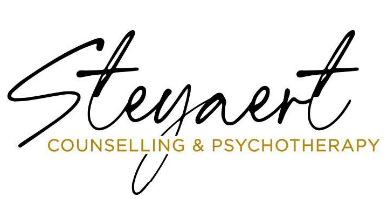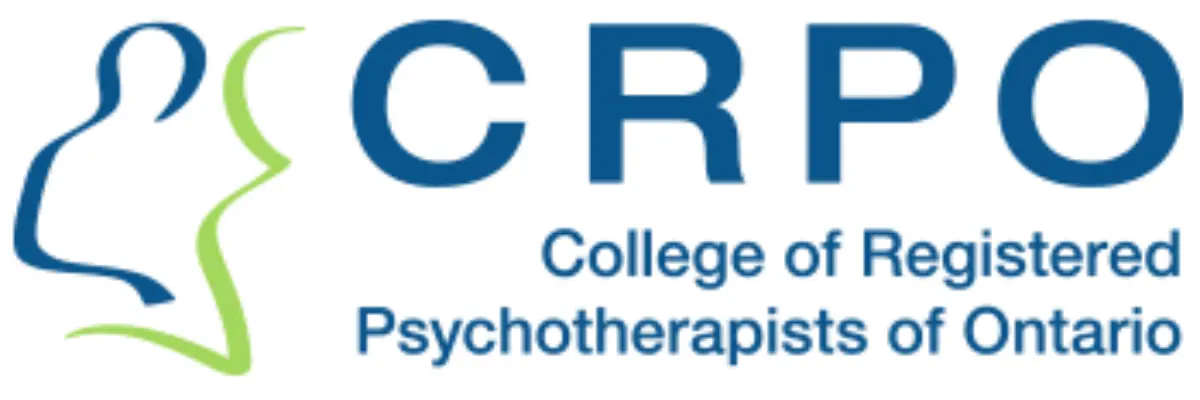
Types of Therapy in London & Burlington, Ontario | Virtual Across Ontario
In-Person, Virtual and Phone Call Appointments Available
No Waitlist | Free Parking
Choosing a therapy approach is deeply personal. Some people find that a structured, goal-oriented method like CBT brings relief fast. Others need the safety of an attachment-informed space or the relational focus of EFT. No matter what you’re facing. Anxiety, life transitions, relationship struggles, you don’t have to navigate them alone.
Why It Pays to Know Your Options
When you type “types of therapy” into Google, you’re usually not looking for a one-size-fits-all answer. You want to know which method will match your style, your goals, and your life circumstances. Maybe you’re curious about the science behind CBT. Or you’ve heard that mindfulness-informed therapy can ease depression and you want to learn more.
At Steyaert Counselling, we believe knowledge empowers. Understanding therapeutic approaches—from psychodynamic to solution-focused—helps you pick a path that feels right. In fact, research shows that people who actively choose their method engage more fully and see faster results¹.
Factors That Guide Your Decision
“Here are the key questions we’ll explore together:”
- Your goals: Symptom relief, coping skills, relationship repair.
- Evidence base: Which approaches are proven for anxiety, depression, and trauma?
- Your personality: Do you thrive on structure (CBT/DBT) or stories (Narrative)?
- Session style: Homework and exercises vs. free-flowing conversation.
- Therapist match: Comfort, rapport, shared values.
- Practical concerns: Location, parking, insurance coverage.
- Format preference: In-person room or online from home?
- Time frame: Short-term (8–12 sessions) vs. open-ended support.
Not sure which matters most to you? We’ll help you weigh each factor in your first call.
Our Psychotherapeutic Methods
Below is a snapshot of the types of therapy we offer. Click “Learn More” to dive deeper into any approach.
Cognitive Behavioural Therapy (CBT)
CBT helps you identify unhelpful thoughts and replace them with balanced ones. You’ll work with worksheets, in-session exercises, and real-life practice.
Benefit: Gold standard for anxiety, depression, and panic.
Acceptance and Commitment Therapy (ACT)
ACT teaches mindfulness-based strategies to accept difficult emotions and commit to personal values and goals.
Benefit: Ideal for stress management and increasing resilience.
Emotionally Focused Therapy (EFT)
EFT is a relational approach that helps couples and families strengthen bonds by exploring attachment needs.
Benefit: Proven to improve relationship satisfaction in 70% of couples².
Attachment-Based Therapy
Attachment-Based Therapy explores early relational patterns to help you build secure, trusting bonds today. Through guided exercises and reflective dialogue, you’ll uncover how childhood experiences shape your current relationships.
Benefit: Improves trust, emotional safety, and intimacy in adult relationships.
Dialectical Behavioural Therapy (DBT)
DBT combines cognitive-behavioural techniques with mindfulness to teach you how to tolerate distress, regulate intense emotions, and improve interpersonal effectiveness.
Benefit: Highly effective for emotional dysregulation, self-harm urges, and borderline traits.
Mindfulness-Based Cognitive Therapy (MBCT)
MBCT blends traditional CBT with mindfulness practices to help you become aware of negative thought patterns and gently disengage from them through meditation and present-moment focus.
Benefit: Reduces relapse risk in depression by over 40%.
Solution-Focused Brief Therapy (SFBT)
SFBT is a goal-directed approach that uses your own strengths and resources to create rapid, practical change, often in as few as 6 sessions.
Benefit: Delivers symptom relief and goal achievement quickly and efficiently.
Strengths-Based Therapy
This approach focuses on your unique talents, values, and past successes to build resilience and self-confidence. We work together to amplify what already works in your life.
Benefit: Boosts self-esteem, coping skills, and motivation for growth.
Psychodynamic Therapy
Psychodynamic Therapy explores unconscious patterns and early life experiences to uncover the root of current difficulties. Through a trusting therapeutic relationship, you’ll gain insight and emotional freedom.
Benefit: Deepens self-understanding and resolves long-standing issues.
Narrative Therapy
Narrative Therapy helps you re-author your personal story by separating you from your problems. You’ll identify unhelpful narratives and create a more empowering life story.
Benefit: Increases agency, self-compassion, and purpose.
Compassion Focused Therapy (CFT)
CFT teaches you to turn your compassion inward, soothing self-criticism and shame with guided imagery and exercises that build a kinder inner voice.
Benefit: Reduces shame and self-criticism while boosting emotional resilience.
Internal Family Systems (IFS)
IFS identifies and unburdens parts of yourself that hold pain or fear, then helps your true Self lead with clarity, calm and compassion.
Benefit: Integrates conflicting inner parts for greater self-leadership and wholeness.
Interpersonal Therapy (IPT)
IPT focuses on your relationships and roles, helping you improve communication, resolve conflicts and strengthen social support.
Benefit: Effective for depression and life role transitions by enhancing social connection.
Motivational Interviewing
MI uses guided conversation to strengthen your own motivation for change, tapping into personal values and confidence.
Benefit: Boosts commitment to goals such as reducing stress, changing habits or improving relationships.
Positive Psychology
Positive Psychology builds on your existing strengths and joys through gratitude exercises, goal-setting and meaning-making practices.
Benefit: Increases well-being, life satisfaction and resilience.
Trauma-Focused Therapy
Trauma-focused therapy offers safe, structured methods such as TF-CBT and EMDR to process and heal from traumatic experiences.
Benefit: Reduces PTSD symptoms and fosters post-traumatic growth⁶.
Frequently Asked Questions (FAQ)
What is the best therapy for anxiety?
The “best” therapy for anxiety can vary from person to person, but CBT (Cognitive Behavioural Therapy) is often the gold standard for anxiety because it gives clear tools to reshape thought patterns. Mindfulness-based methods and ACT can also help you accept and manage anxious feelings effectively.
What therapy is most common?
CBT remains one of the most widely practiced therapies today, thanks to its robust evidence base. Psychodynamic therapy and humanistic approaches are also very common.
What are the different types of trauma therapy?
- Trauma-Focused CBT (TF-CBT)
- Eye Movement Desensitization and Reprocessing (EMDR)
- Somatic Experiencing
- Narrative Therapy
- Psychodynamic approaches
We often integrate several methods to tailor care to your needs.
How do I choose the right therapy approach?
Start by reflecting on your goals, comfort with structure, and practical needs. Then talk it through with one of our clinicians—together we’ll craft a plan that fits you.
Is therapy covered by my insurance or benefits in Ontario?
In Ontario, many extended health benefit plans cover therapy sessions provided by a Registered Psychotherapist (RP), Registered Social Worker (RSW), or Psychologist. At Steyaert Counselling, we provide official receipts with your therapist’s credentials, which you can submit for reimbursement. We’re happy to help you navigate your benefits during the intake process.
Ready to Begin?
You don’t have to figure this out alone.




